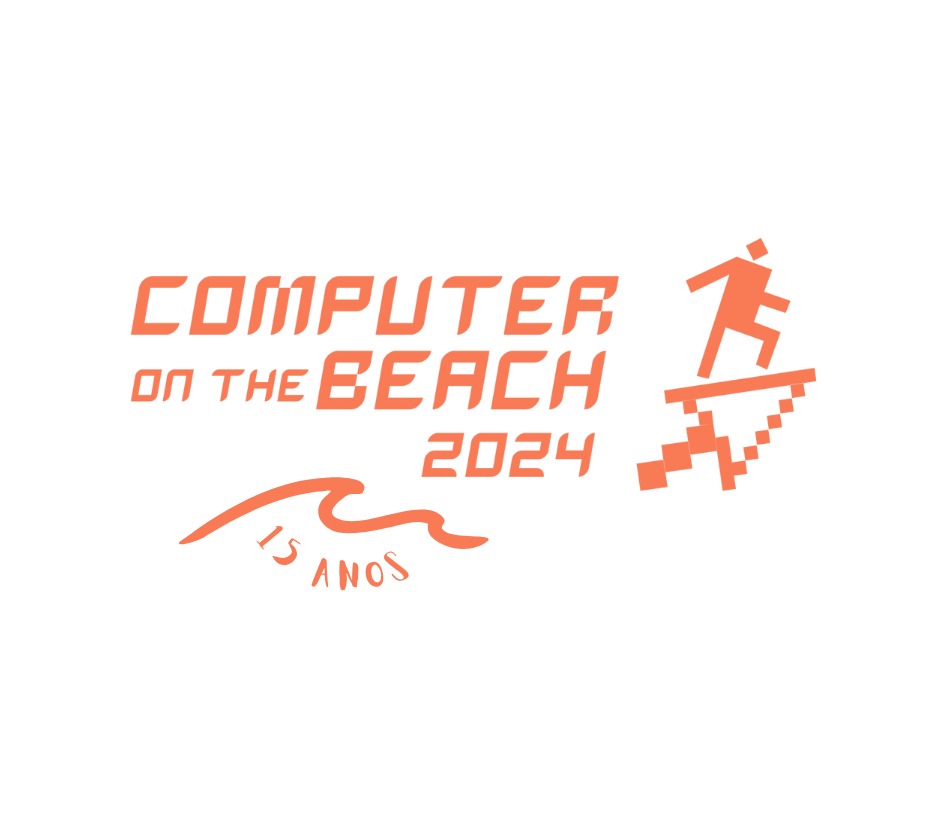

ABSTRACT
Improving the quality of Brazilian education has been a challenge
for decades, especially in basic education. Despite various policies
for this sector, the performance indicators for elementary and high
school students are still low. It indicates the need for innovation
and investment in this segment, but what has been seen recently
is a drop in the budget allocated to basic education. Schools’ infrastructure
can be pointed to as one of the factors in Brazilian
education that has been the subject of discussion for decades. Some
research has discussed the material conditions of Brazilian schools
and pointed to the efficiency of public spending on education and
the infrastructure of schools as a relevant factor in student learning.
These issues become even more serious when considering the division
of responsibility for basic education provision between states
and municipalities. An alternative for the decentralized collection
of information on school conditions is the use of systems based
on collective intelligence. Variations of this type of system have
been used for collaborative mapping, showing a possible approach
to gathering data about schools in a more agile and participatory
way. This paper aims to describe the stages completed in the development
of a system designed to enable collaborative mapping of
problems and other issues in schools, involving students, guardians,
and other scholar community members. These stages include
requirements elicitation, modeling, and the start of developing this
system.






O Computer on the Beach é um evento técnico-científico que visa reunir profissionais, pesquisadores e acadêmicos da área de Computação, a fim de discutir as tendências de pesquisa e mercado da computação em suas mais diversas áreas.

